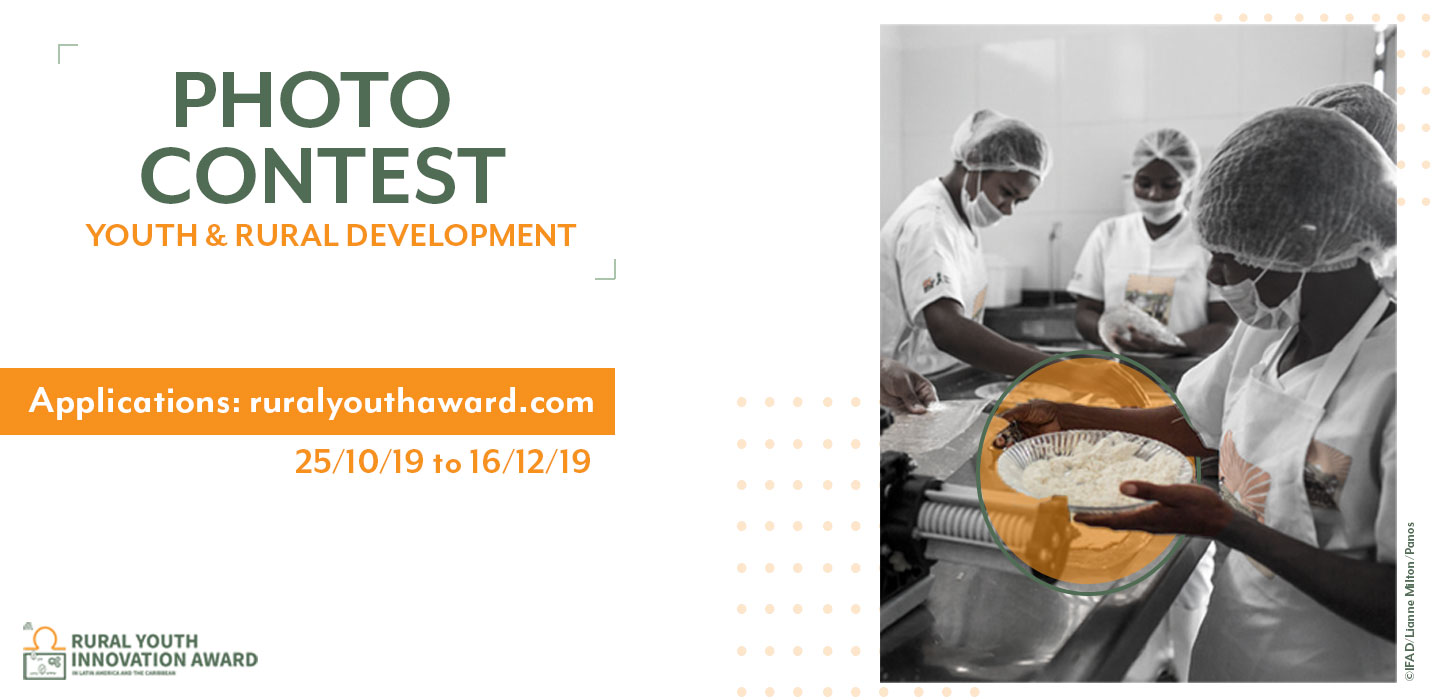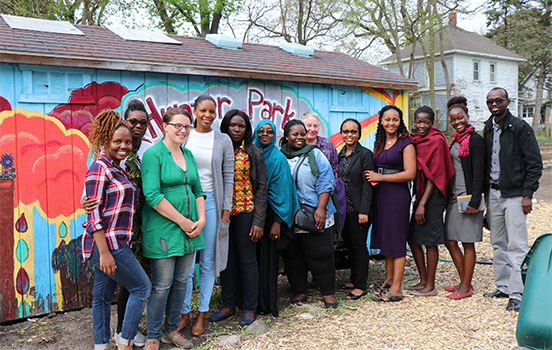Amidst emerging global challenges, the call for regional and national economies to look inwards cannot be overemphasized. Recurrently, there is the compelling need to explore new options that ensure life on earth is preserved. This may include trade-offs at different levels especially as it relates to protecting environmental resources. It would also include engaging in research for development, formulating favourable policies and engaging individuals actively. The latter is the main focus of this piece. This article explores a collection of stakeholder responsibilities required to sustain local food systems.
Did you know?
You and I are direct or indirect actors in the production, aggregation, processing, distribution, consumption and disposal of food products in different forms. Whether as consumers or direct value-chain actors, every human plays a role in the achievement of food and nutrition security. And this is dependent on building, protecting and sustaining local food systems that are resilient to shocks. Moreover, unless we collectively decide to become breatharians – feeding on air rather than food – productive food systems would always be fundamental to human existence.
What then can we do to produce more and better food (quantity and quality) amidst environmental, economic and social challenges without compromising the future of the next generation? How can we build sustainable food systems that have the ability to prepare for, adapt to and recover from different kinds of stress and shocks? How can Funke, a member of the Nigerian Parliament influence policies that protect local food systems in Nigeria? How can Chinedu the mechanic preserve his yams in an effort to protect food systems? How can Kwakwa, a herbalist in Northern Nigeria safely harvest his herbs without destroying his local food system?
Building and sustaining local food systems
Let’s take a look at some stakeholder responsibilities that can collectively build and sustain local food systems. Some of these include;
Food Producers: These are the first and most important parts of our food systems. What is a food system without food producers? Food producers are the drivers and initial protectors of our food systems. Therefore, considering that building sustainable food systems is dependent on the optimum use of resources, willingness to adopt improved technologies and other innovations is sure to accelerate the process. These innovations may be in the form of improved seed varieties, digitalization of on-farm processes, mechanization, use of balanced fertilizer blends and other areas of precision agriculture.
The Government: There is a need to increase investment in regional and national research for development to drive country-specific innovations. This should be logical and solution-driven such that gaps are identified and actionable solutions provided. Favourable and consistent policies especially around land use, gender barriers, and a stable macro-economic environment would also enable partnerships and private sector-led investments.
Consumers: Behavioural changes are pivotal to building sustainable food systems. The consumer is the “king” and a major driver of every production and distribution process. The choices made by consumers with respect to the way, type and quantity of food consumed are important to our food systems. For example, making a decision to consume more indigenous or local varieties of food as against foreign/imported varieties and processed foods can serve as a driver for producing more local varieties. These local foods are beneficial to local food systems. Local foods are full of flavour and nutrients; they benefit the environment, promote safer supply, and support local economies. Furthermore, consumers can protect local food systems by adjusting their diets and reducing food wastages which stress environmental resources. Consumer education is also crucial; people need to understand how their actions and inactions affect the future of food production for this generation and the next.
Investors: Investment strategies that support local food systems integration with environmental resources should be favoured over those that do not. Increasing investments by financing innovations, research and development, providing incentives to farmers for adopting new technologies etc. will contribute immensely to sustaining local food systems. For example, agricultural value-chain financing is a strategy private investors can leverage on. It is a sustainable approach to funding the production and distribution of foods. It creates value for money whilst promoting effectiveness and efficiency.
It is important to add that there is no one-size-fits-all approach to creating change. A collection of productive actions from every individual is the pathway to building beneficial food systems in current and emerging times of the future. Are there other actions you consider relevant to building sustainable food systems, please leave a comment below and let’s get talking.
The Author
Ogbole Esther
''As an agriculture enthusiast, I have long had a passion for contributing my quota to the growth and development of the Nigeria agricultural sector and this birthed an interest in research to see what and how precisely agricultural strategies are implemented in developed economies of the world and how they can be adapted to suit the Nigerian scenario''.
















